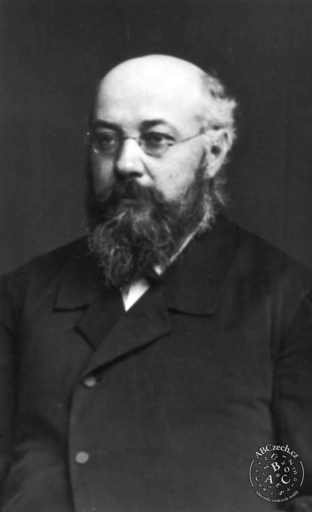
Writer and journalist, known especially as the author and founder of the specific literary genre called “romaneto”. In his works, he dealt primarily with social and political issues.
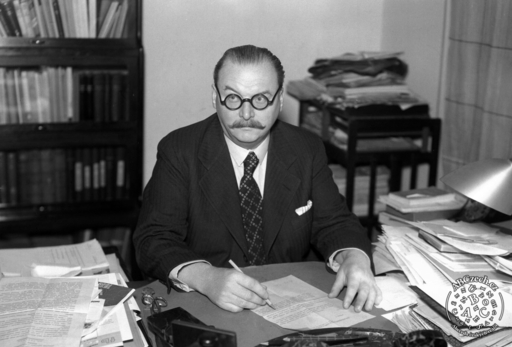
Journalist and writer from the Lidové noviny school of journalism, author of song lyrics, short prose and one-act plays. An important representative of Czech literary cabaret.
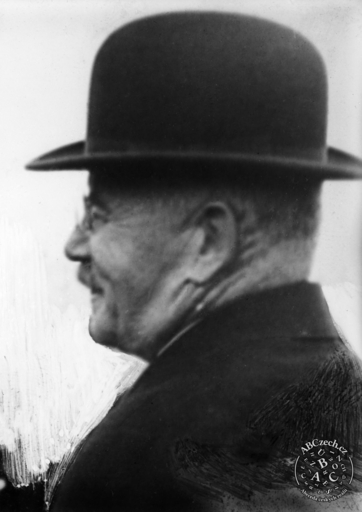
Poet and author of a single book of poems, Silesian Poems (Slezské písně), in which he defends the inhabitants of Silesia.
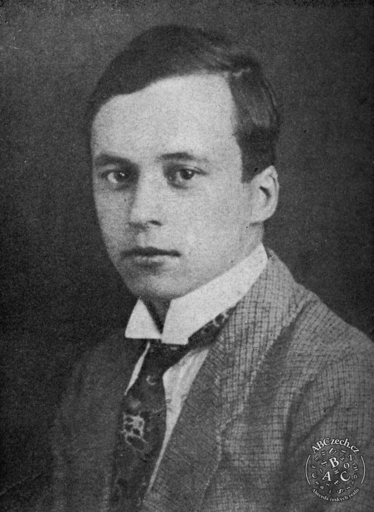
Poet and prose writer who began by writing proletarian poetry. He went through Poetism and a short period of Surrealism, and was an excellent poet in both.
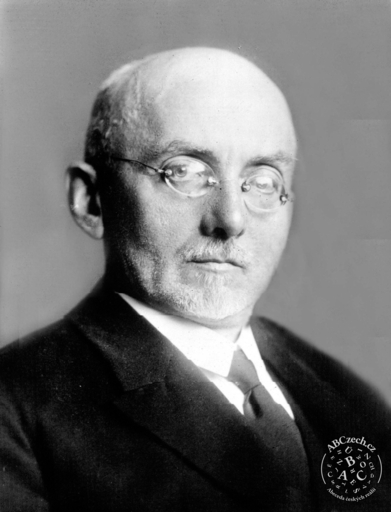
Poet and writer, a significant representative of Czech Symbolism. His works influenced the development of Czech poetry in the 20th century.
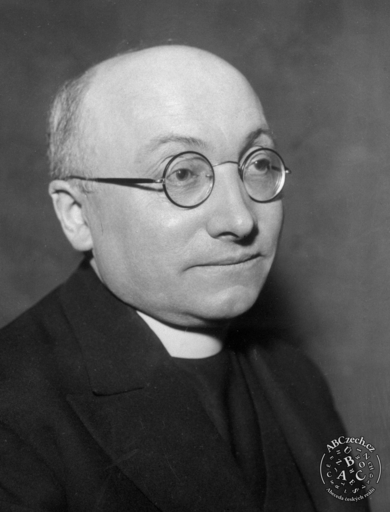
Poet, Catholic priest, prose writer and translator from German and Latin. His oeuvre, consisting of different genres, is permeated by religious faith. However, his dream texts foreshadow Surrealist experiments.
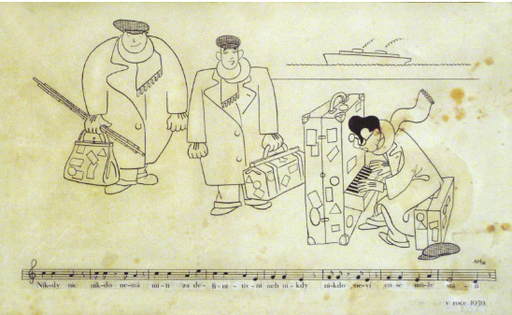
Important avant-garde association of writers, theoreticians, architects, theatre artists and fine artists. It organised different cultural events, mostly in the spirit of left-wing politics.
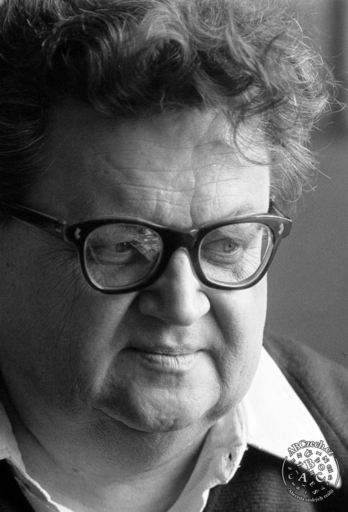
Prose writer, journalist, dramatist and screenwriter. His works are inspired by folklore and fairy-tale allegory on current topics is a common element in his works.
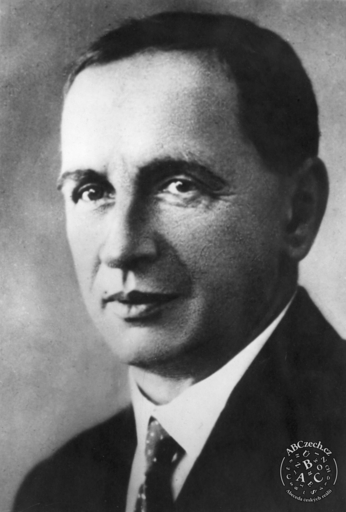
Prose writer, poet and dramatist who based his work on a Baroque view of the world. He criticised democratic liberalism in literature and in life.
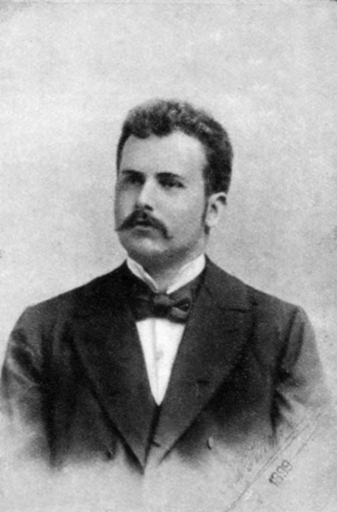
Poet, prose writer and dramatist. In his youth, he was a prominent representative of the generation of the so-called “rebels”. Conflicts between ideals and reality dominated his later works.
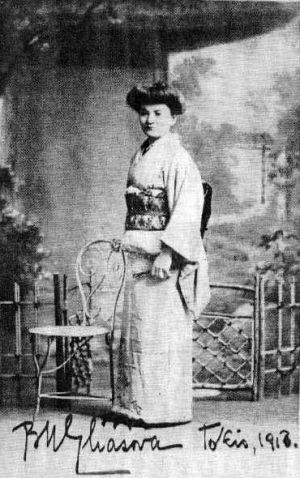
Czech explorer, writer and teacher, the first Czech woman to make a trip around the world at the beginning of the 20th century.
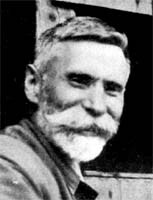
Prominent publisher and translator who played a decisive role in the revival of cultural Catholicism in the Czech lands. He edited the magazine of Catholic Modernism Nový život (New Life).
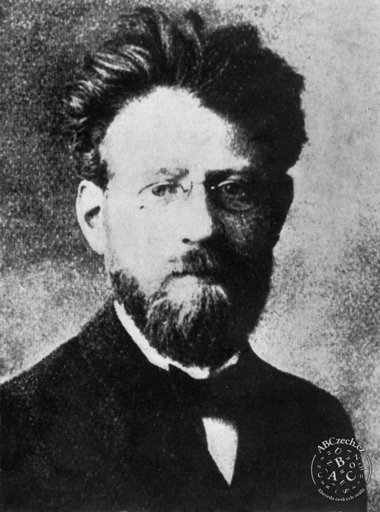
Poet, painter, caricaturist, mostly published in the magazines Moderní revue and Nový kult. He earned the label “poet of anarchistic dreams and perverted sex”.
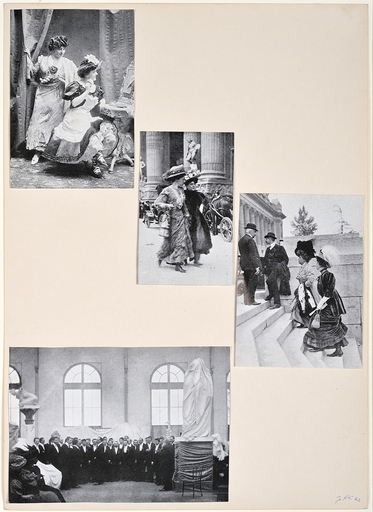
Czech art group, formed in 1942. It consisted of artists and writers focused on capturing the existential and everyday feelings and concerns of urban people.
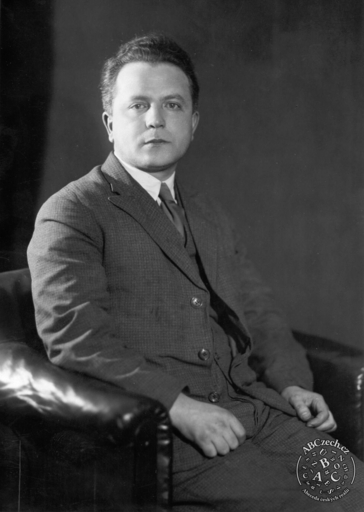
Czech poet who originally started with proletarian poetry and poetism, but as early as 1930s his poetics acquired an unusually intensive and individual expression stemming from a powerful tension between abstract thought and its sensory expression.
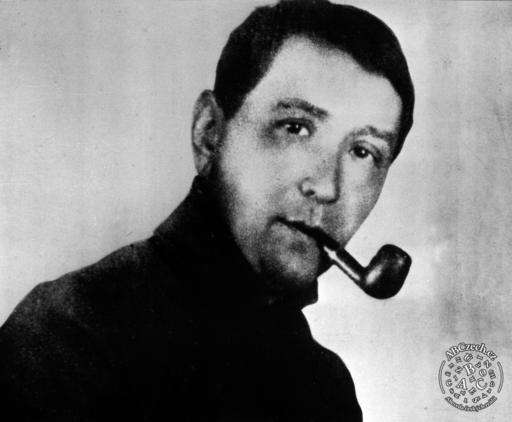
Prose writer, author of cabaret plays and a publicist. He became famous primarily as the author of The Good Soldier Švejk (Osudy dobrého vojáka Švejka za světové války).
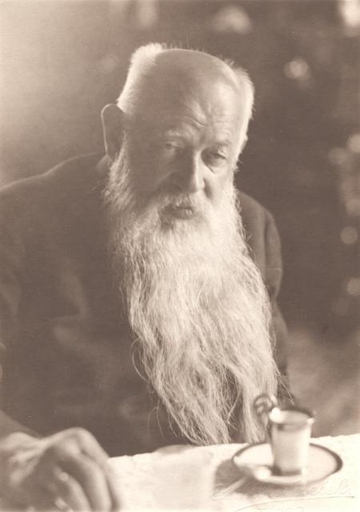
Prose writer and poet, representative of Czech Realism. His works mainly dealt with south Bohemian countryside. He inspired Czech Ruralists in the first half of the 20th century.
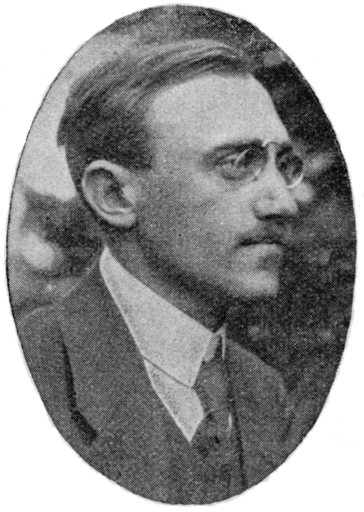
Poet, author of reflective lyrical poetry of time and silence, prose writer, literary critic and translator, one of the leading figures of Czech proletarian poetry.
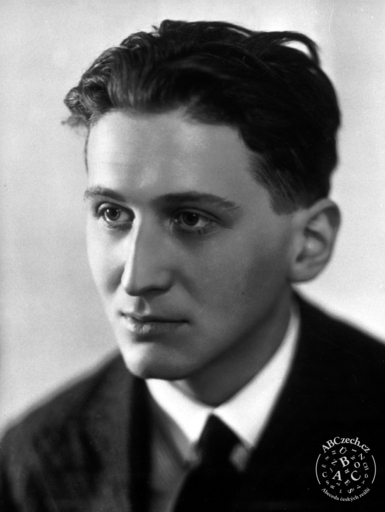
Writer and journalist whose work deals with existential, philosophical and psychological conditions of human life.
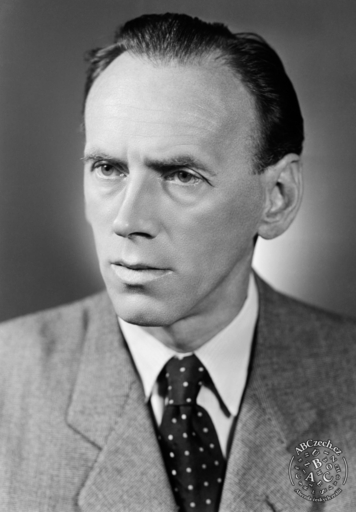
Writer of natural and love lyrical poetry, prose writer, dramatist and translator from French. One of the most famous 20th-century Czech poets.
2016-2020 ABCzech.cz - © Filozofická fakulta Univerzity Karlovy
Content from this website may be used without permission only for personal and non-commercial purposes and with the source cited. Any other use is allowed only with the authors' consent.
This web application Sonic.cgi meets GDPR requirements. Current information can be found here.